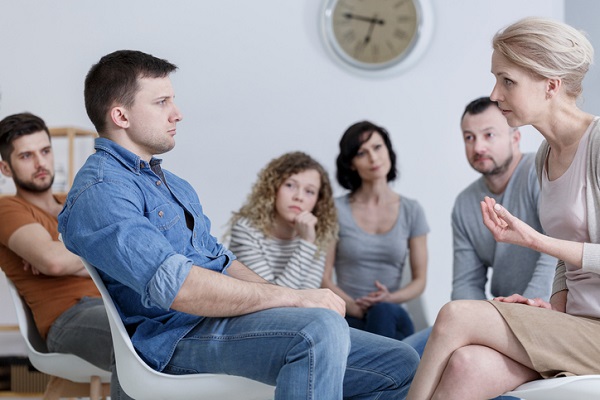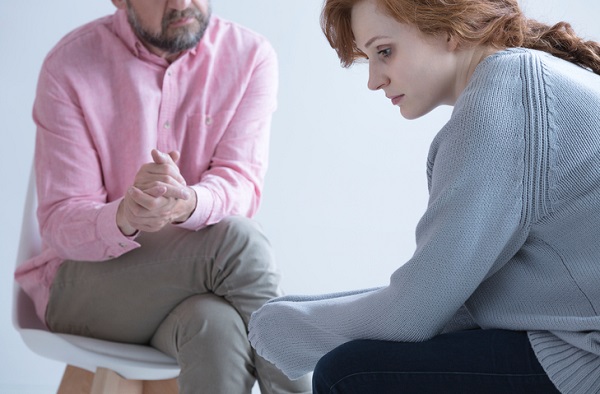The tactics imposed during the global ‘war on drugs’ divides public opinion. Many people believe that addiction and the factors that contribute to it are not well understood. Drug and alcohol misuse are often the result of loneliness or depression and those who have an addiction turn to substances “in an effort to take away that emotional pain” (Bennett, 2009).
While everyone who has an addiction has a unique history, researchers have uncovered an important common thread: “they all experience extreme feelings of isolation” (Boyle, n.d.). This article offers insight into the growing research backing the link between loneliness and addiction, while also exploring whether modern habits are increasing or mitigating the risk of loneliness.
The Experiments Highlighting the Link Between Loneliness and Addiction
The contrasting drug laws in each country around the world makes for some fascinating comparisons. Portugal has become an iconic example of what can be achieved in a state that has decriminalized all drugs, which has been the case since 2001. Since then, the European country has experienced “dramatic drops” in problematic drug use, HIV rates, and overdoses (Ferreira, 2017). Attempts to decrease the isolation of those living with an addiction also plays a key role in Portugal’s strategy. Instead of punishing and stigmatizing people with an addiction, funds were redirected towards reconnecting them with their communities and the larger society. The idea was “that every addict in Portugal had something to get out of bed for in the morning”, and the priority was around re-establishing personal relationships (Hari, 2015).
Students in addictions counsellor training learn that the addiction, whether it’s to alcohol, drugs, gambling, or another substance or behaviour, becomes, for the addict, a “best friend”. It’s there for those with the addiction in times of darkness, but it’s a “one-sided, destructive friendship” (Meadows, 2016).
Bruce Alexander, of Simon Fraser University, conducted fascinating research on rats that demonstrates the power of social support. Positioning two drips in a cage, one with water and the other containing morphine, he found that the rats didn’t get hooked on the water with morphine if they were in an enjoyable, sociable environment. Prior experimentation on rats in barren cages discovered they were much more likely to become addicted to the drugged water (Boyle, n.d.).
Methods for Increasing Social Support After Addictions Counsellor Training
When a person with an addiction seeks help, increasing personal interaction is an important step in recovery. Grieving the loss of the addictive substance is normal, because it’s like the loss of a friend. While in treatment, addicts are often encouraged to make amends with friends and family they may have hurt as a result of their addiction. While some relationships may be beyond recovery, addicts can “make peace with knowing (they) have apologised” (Meadows, 2016).

Support groups are a great opportunity for face-to-face interaction
Increasing social support is important for many different reasons. Boyle (n.d.) describes us as “social beings” who are always going to find “greater purpose in the context of a social structure”. He even alludes to the biological benefits of long hugs, which calm fears due to the release of natural feel-good hormones.
Social Media and its Potential Contribution to Loneliness
If loneliness can help to contribute to addiction, then it’s important to examine whether modern trends are exacerbating loneliness or reducing it. At its core, social media aims to increase interaction with others, but it’s seen by many as having the completely opposite effect. Reliance on Facebook, Twitter, and other platforms to increase social support for people with addictions is therefore a risky strategy after addictions counsellor courses. Research by the University of Pittsburgh found a link between increased social media use and depression/anxiety among young adults, aged 19-32 (Hydzik, n.d.). ”The people who reported spending the most time on social media—more than two hours a day—had twice the odds of perceived social isolation than those who said they spent a half hour per day or less on those sites” (Hobson, 2017).
Another study has found mitigating factors for increased loneliness and social media usage. Ludden (2018) cites a study of Facebook use among college freshmen and seniors, where researchers found that how one uses the website matters. Freshmen used it to connect with old high school friends, while seniors were more inclined to make appointments to physically meet friends on campus. Therefore, how social media is used by clients can either help or hinder feelings of connection and either aid or hamper recovery.
Enjoy a rewarding career by studying for an addiction counsellor diploma.
Find out more about our program at Rhodes Wellness College.
Works Cited
Bennett, C. (2009). The Road to Addiction: Loneliness And Depression. Huffington Post. Retrieved from: https://www.huffingtonpost.com/carole-bennett/the-road-to-addiction—1_b_232674.html
Boyle, M. (n.d.). Why Addicts Are Often Lonely People. PsychCentral. Retrieved from: https://psychcentral.com/blog/why-addicts-are-often-lonely-people/
Ferreira, S. (2017) Portugal’s radical drugs policy is working. Why hasn’t the world copied it? The Guardian. Retrieved from: https://www.theguardian.com/news/2017/dec/05/portugals-radical-drugs-policy-is-working-why-hasnt-the-world-copied-it
Hari, J. (2015). Everything you think you know about addiction is wrong. TED. Retrieved from: https://www.ted.com/talks/johann_hari_everything_you_think_you_know_about_addiction_is_wrong
Hari, J. (2016). Johann Hari: ‘The opposite of addiction isn’t sobriety – it’s connection’. The Guardian. Retrieved from: https://www.theguardian.com/books/2016/apr/12/johann-hari-chasing-the-scream-war-on-drugs
Hobson, K. (2017). Feeling Lonely? Too Much Time On Social Media May Be Why. NPR. Retrieved from: https://www.npr.org/sections/health-shots/2017/03/06/518362255/feeling-lonely-too-much-time-on-social-media-may-be-why
Hydzik, A. (n.d.). Using lots of social media sites raises depression risk. University of Pittsburgh. Retrieved from: http://www.braininstitute.pitt.edu/using-lots-social-media-sites-raises-depression-risk
Ludden, D. (2018). Does Using Social Media Make You Lonely? Psychology Today. Retrieved from: https://www.psychologytoday.com/ca/blog/talking-apes/201801/does-using-social-media-make-you-lonely
Meadows, B. (2016). Addiction, Isolation and the Cycle of Loneliness. Addiction Campuses. Retrieved from: https://www.addictioncampuses.com/blog/addiction-isolation-and-the-cycle-of-loneliness/










